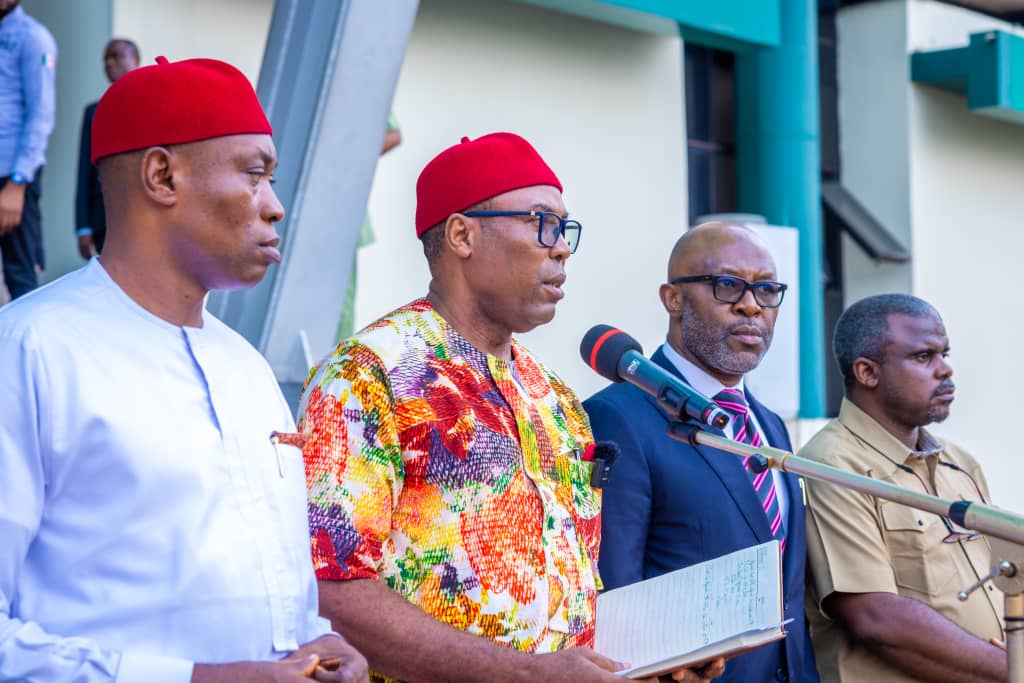The Enugu State Government has made plans to start building 81 roads, including 71 in the Enugu metropolis and 10 key roads to connect the entire state.
To reduce traffic congestion in the state capital, the administration has also identified highways for dualization and key locations for the construction of flyovers.
Following Monday’s State Executive Council meeting, presided over by Governor Peter Mbah, the Commissioner for Works, Dr. Gerald Otiji, informed reporters at Government House.
“In Enugu urban, we found roughly 71 roads. We have scoped them, and we are just about to have them repaired or rebuilt. These 71 highways pass through a number of locations, including Trans Ekulu, Abakpa, Emene, Awkunanaw, Coal Camp, Asata, New Layout, Achara Layout, and Idaw River.
Areas with heavy morning traffic and gridlock were also noted, and the government would construct flyovers there. Abakpa Junction is a single among them. There will be a flyover that area. In order to construct a flyover there, we are also attempting to explore the Chris Chemist/Old Park junction region.
“The State Executive Council has also identified roughly ten additional highways outside of Enugu City, and they are dispersed throughout the three senatorial zones. These are crucial routes connecting the various local administrations.
“There are also other current highways that will be dualized because of the considerable traffic on them, including the GRA – Trans Ekulu route and the Enugu-Ugwogo Nike-Opi-Nsukka road.
These projects will be released in order, and we are prepared. We kindly want a bit more patience from the people of Enugu State,” the Commissioner said.
The State Executive Council has also approved the implementation of short- to long-term programs and policies to improve security, address issues brought on by the removal of fuel subsidies, and transition the state to e-governance, according to the Commissioner for Information, Aka Eze Aka.
“The Council has also highlighted that providing mass transit buses and other steps to lessen the suffering of the people of Enugu State is one of the palliatives to help them.
The Council has also approved some sophisticated security infrastructure to enhance the government of Enugu State’s security architecture.
The digitalization of MDAs, which would serve as the cornerstone of the e-governance platform proposed by Governor Peter Mbah, has also been authorized by Council to increase work efficiency.
As Dr. Malachy Agbo, the commissioner for human development and poverty eradication, briefed reporters, he emphasized the government’s determination to decentralize the management of palliatives and stated that the Enugu State Government will soon begin distributing them.
According to Dr. Agbo, “On the issue of palliatives, Council took note of the impact of subsidy removal on the lives of Enugu people and took a decision to involve the local government councils to ensure that these palliatives actually alleviate the suffering of the people.”
